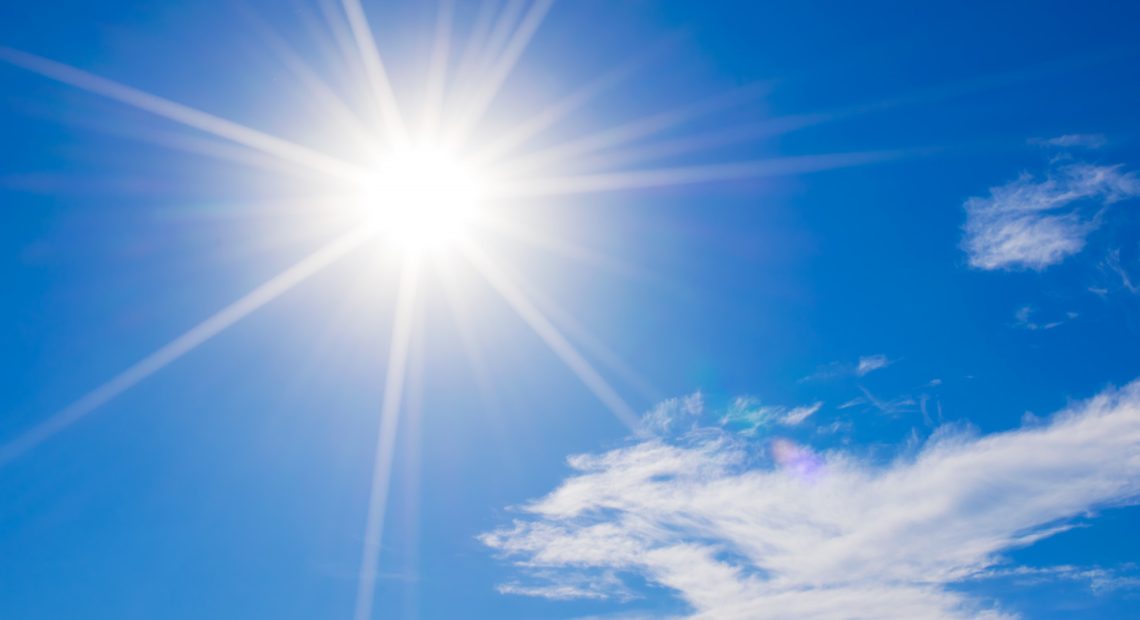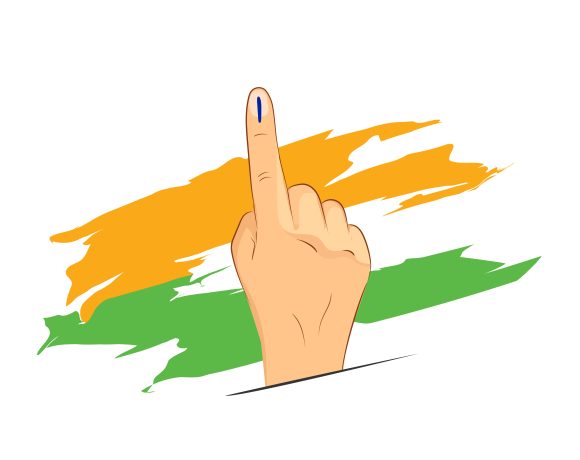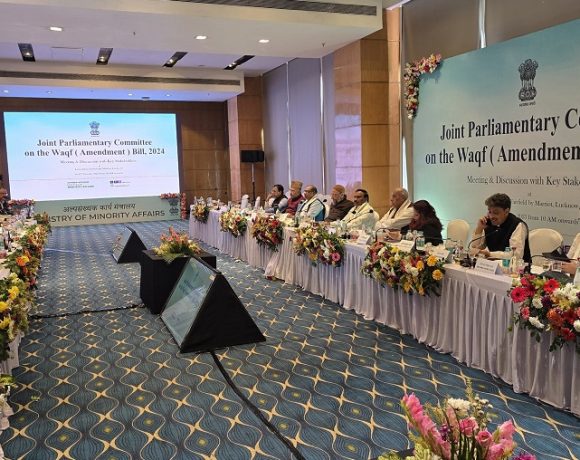
India Issues Heatwave Advisory Amid Rising Temperatures
In response to rapidly rising temperatures across several regions, the central government has issued a nationwide heatwave advisory to all states and Union Territories. With projections indicating significantly above-normal temperatures during the pre-monsoon months, authorities have called for the urgent implementation of heat action plans to minimize health risks and ensure public safety.
IMD’s Heatwave Forecast
The India Meteorological Department (IMD) has forecasted higher-than-usual maximum temperatures from March through May, particularly in northern and central India. Northwest India, in particular, is expected to witness a sharp increase in heatwave days, potentially experiencing twice the usual number. Several areas have already recorded alarming temperature spikes, with Delhi reaching 40.5°C in late March—the highest so far this year.
Health Ministry’s Directive
Taking serious note of the forecast, the Union Health Ministry has directed state governments to activate their respective ‘Heat-Health’ action plans. These plans are to include public awareness drives, adequate supply of essential medicines, enhanced hospital preparedness, and measures to prevent heatstroke and dehydration. Special focus is being placed on vulnerable groups such as infants, the elderly, outdoor workers, and individuals with chronic illnesses.
Impact on Agriculture
The intense heat is also expected to affect the agriculture sector, particularly crops like wheat, chickpeas, and rapeseed that were sown during winter. Excessive temperatures during their critical maturation phase could negatively impact yields, creating potential supply disruptions and financial stress for farmers.
Recommended Public Precautions
To minimize health impacts, authorities have issued key public guidelines:
-
Stay hydrated by drinking plenty of water even if not thirsty.
-
Avoid going out during peak heat hours (11 a.m. to 4 p.m.).
-
Wear light and loose clothing, and use umbrellas or hats when outdoors.
-
Use fans or air conditioning when available, and stay in shaded areas.
-
Check on vulnerable groups, especially children, the elderly, and those with health issues.
The government is urging all citizens to remain vigilant, follow safety protocols, and stay updated through official weather and health advisories. As India braces for an intense summer, collective preparedness and precautionary measures will be crucial in minimizing the adverse effects of extreme heat.


















